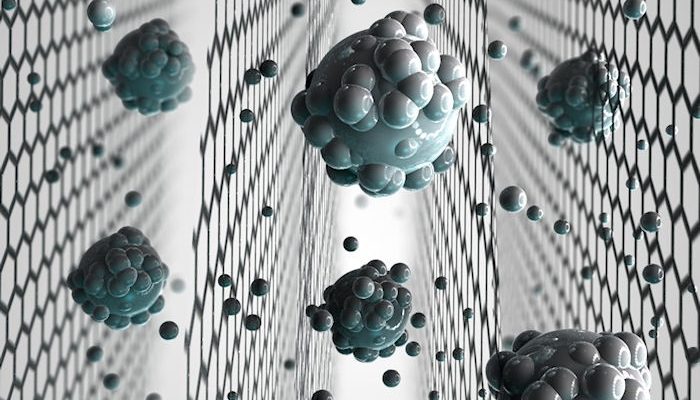A group of scientists at the University of Manchester made the front cover of Nature Nanotechnology by presenting a strategy that could potentially sieve common salt out of water rendering it safe to drink. This could have a major impact on access to clean drinking water for many globally.
Graphene-oxide membranes have already been shown to have the potential to filter small molecules. In their letter to Nature Nanotechnology, this group of scientists presented their strategy to prevent swelling of a graphene-oxide membrane when exposed to water and to provide control of pore size. Such findings are likely to a significant impact on desalination technology research.
Rahul Nair and Irina Grigorieva have both been involved in this project and hope to make use of this strategy in 2D-Health. It is hoped that such research can be transferable to health care technology to create ‘smart’ membranes for controlled delivery of certain ionic species of interest. These membranes also have the potential for fabricating artificial ion channels that mimic naturally occurring biological channels. This forms part of Theme I in our programme, which aims to include the promotion of antibacterial resistance as well as releasing therapeutic molecules as needed in order to accelerate wound healing.

